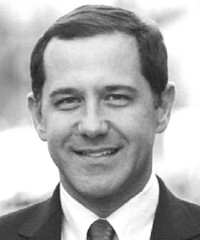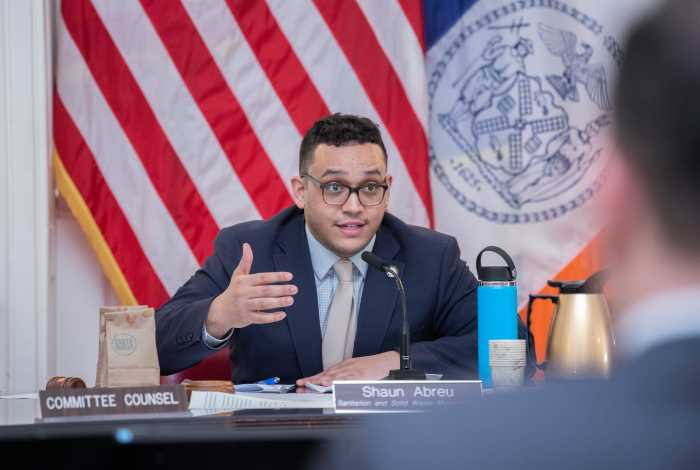New federal retirement plan provisions allow partners, other beneficiaries spousal treatment
The federal Pension Protection Act was signed into law by President George W. Bush on August 17 containing two provisions that could benefit gay and lesbian couples.
“We’ve been working on it for about four years,” said Joe Solmonese, president of the Human Rights Campaign (HRC), the nation’s largest gay lobbying group. “I think it wasn’t controversial because it was something that made sense to a broad spectrum of legislators on both sides of the aisle… It was something that’s grounded in an argument about what is equitable.”
The first new provision achieved allows the assets in a retirement account, typically a 401(k), to be transferred to a beneficiary other than a spouse upon the retiree’s death. The beneficiary can put those assets in an individual retirement account, or an IRA, and pay them out over a five-year period or over the beneficiary’s expected lifetime.
Previously, a non-spousal beneficiary had to draw down the assets immediately, which could result in a substantial tax bill if the assets in the 401(k) were significant.
“From a tax deferral standpoint you always want to defer taxes as much as you can,” said David Ratcliffe, a staffer at Merrill Lynch, the brokerage firm, on an August 17 press call. “You may be able to defer the distributions from the IRA until you are in a lower tax bracket,” presumably after retirement from full-time employment.
The provision, called a non-spousal rollover, also means that the assets remain invested and, presumably, increasing in value while the beneficiary is drawing them down.
“This new provision now does give us extra planning strategies and ways to make sure those assets are available for surviving partners,” Ratcliffe said.
The second provision, called a hardship distribution, allows the retirement account assets to be used for a medical or financial emergency for a beneficiary other than a spouse or dependent. Previously, the assets could only be used for emergencies involving spouses and dependents.
While same-sex couples can certainly benefit from both provisions, they can also be used by anyone who is not a spouse or dependent, but is named as a beneficiary on a retirement account. The population that could use the new provisions is probably in the millions.
“Forty-five million Americans who are actively working are covered by 401(k) plans,” James M. Delaplane, a partner with Davis & Harman, a Washington, D.C. lobbying firm, told reporters. Roughly 15 million of those people are not married, he said.
The glitch in the scheme may be that many people fail to name a beneficiary on their retirement accounts.
“As many as half do not designate a beneficiary,” Delaplane said. That means that gay groups, employers, and financial services firms have the task of telling account holders to name a beneficiary.
“I think the work for us now is to go out and make sure people understand the importance of these provisions,” Solmonese said.
The 1996 federal Defense of Marriage Act, which barred the federal government from recognizing relationships other than marriages, does not apply to the provisions.
“This does not create a federal status of any kind, they do not create a federal form of relationship recognition,” said Lara Schwartz, HRC’s legal director, on the press call.
gaycitynews.com



































